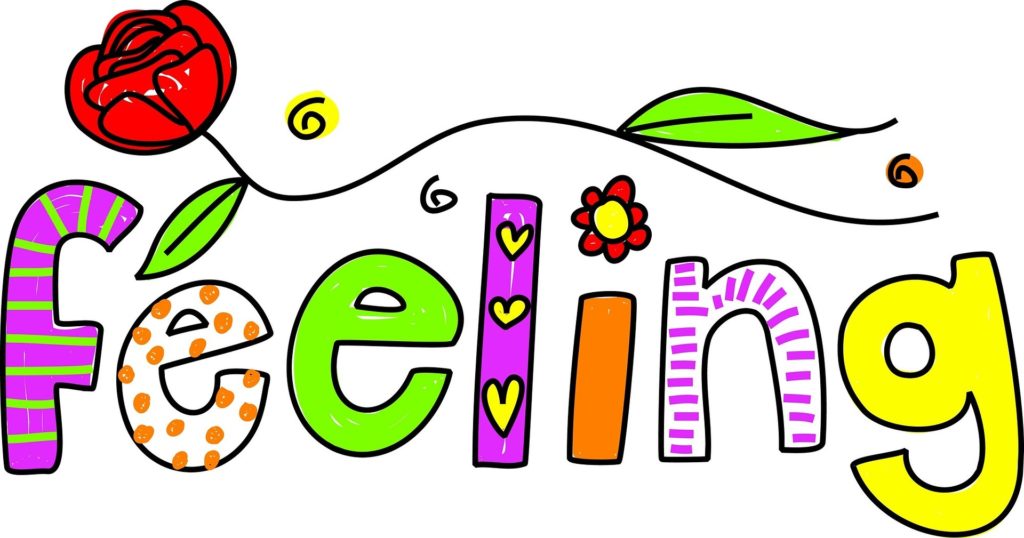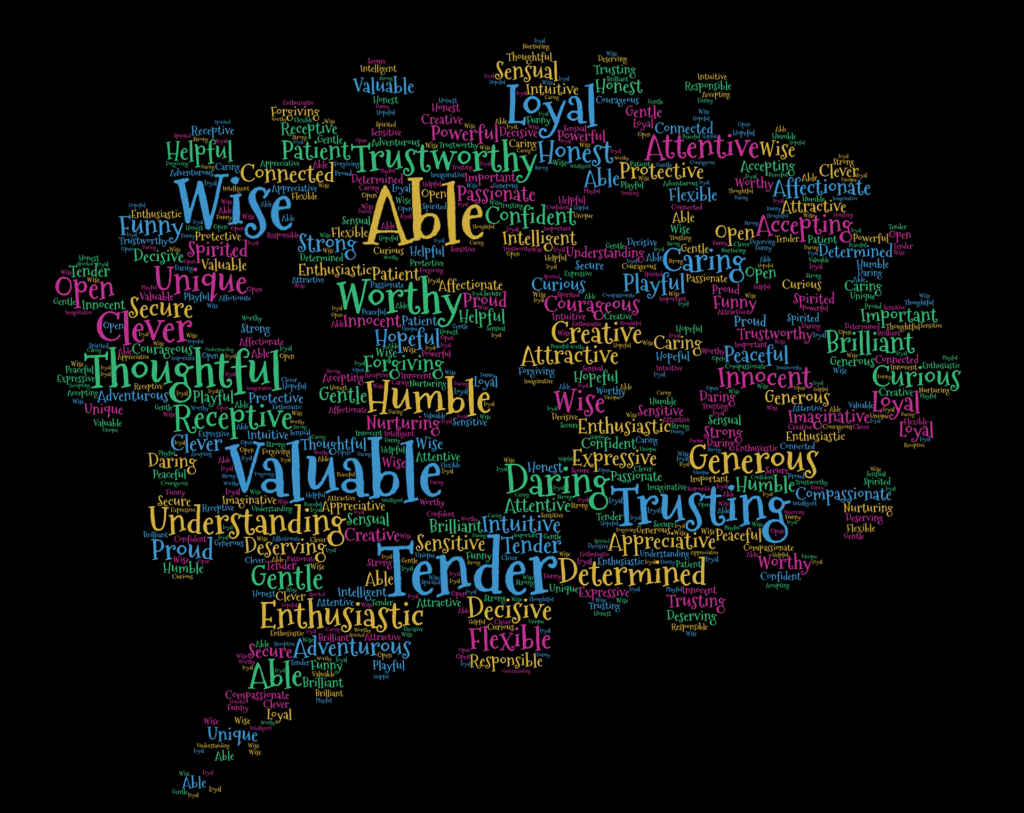Mind Games – Who Wants to Play?

Isn’t it strange how we associate words with feelings! When we talk about ‘games’ we think of fun, laughter, competition, success and failure, but all in the name of having a good time. However as soon as we put the word ‘mind’ in front, it immediately takes on a negative connotation.
But I’m not talking about the type of Mind Games where you manipulate another person into doing your dirty work (although I have some dusting that needs doing if there are any volunteers) :)…but rather a game you can play with yourself to better cope in everyday life.
In the syllabus to become a Wim Hof Method instructor it states, if you can learn how to use your mind anything is possible, and I truly believe that regular practice of what we teach can literally change everything you thought was possible.
During this journey I have met and become friends with those fighting addiction, pain, self-limiting beliefs and I so absolutely want to be a catalyst for this change in myself and in others.
Our Reserve Capacity
We all have a reserve capacity. An ability to cope with stress in all its forms. This differs from person to person but we all have our ‘tipping’ point.
But did you know that we are also able to alter this reserve capacity, to increase it so that we are not ‘tipped’ too early? How wonderful would it be to be able to face stressful situations and take them in our stride.

There are so many things that affect your capacity to cope, from your social background, your financial position, your social support, but most of all, it is your own mind that can make the most difference.
You’ve heard people say things like ‘be more positive’, ‘look on the brightside’, ‘it may never happen’… it seems so woo woo to think that actually having a positive outcome expectancy in any situation can influence that outcome.
But it is true. In fact you must have heard of the Placebo Effect… “A beneficial health outcome resulting from a person’s anticipation and belief that an intervention will help“
In fact following the Endotoxin studies of 2011 (with Wim) and 2014 (with 24 random subjects), scientists already had started re-writing medical journals. The experiments had proven that it was actually possible for humans to influence our own Autonomic Nervous System and Innate Immune Systems at will. So an additional test was structured to understand what part our minds could play in this ‘game’.
In 2015 candidates were trained in the Wim Hof Method – half were trained to have a positive outcome expectancy and the others to have a negative one. I think you can guess the outcome. I will be covering all of these scientific studies in much more detail soon and will link back to them in here once complete.
There is nothing either good or bad, but thinking makes it so.
Hamlet: William Shakespeare
Mind Altering
What we think about actually changes our neural structure as the busy regions in the brain get more blood and those that are not used, wither away. There are numerous studies on this that you can research, but I’ll give just a couple of short ones below:

- Taxi drivers in London for example: they have to memorize streets, which uses the hippocampus (responsible for visual, spatial awareness and memory) – it became measurably thicker. (Maguire et al. (2000))
- Meditators have a thicker neural cortex in the pre-frontal region of the brain (responsible for controlling attention).
Just like the conscious breathing and the gradual cold exposure, though, mindset also requires commitment and dedication. It is a cyclical practice and yes healthy happy strong may be the objective but once reached, your job is not done, it must be maintained to continue to exist and not drop into old habits.
Now What to Do With This Information?
In the near future I will be writing an article about habit creation (I’ll link back here when I’m done), but for now take a moment to think about your why and ask yourself 3 questions.
- Why were you interested in this method?
- Why did you start practicing?
- Then ask yourself why wouldn’t you continue?
If your own story doesn’t get you in the right mindset, there is always mine (here) and thousands of other people just like us…
Or follow my journey to my certification in the Spanish Pyrenes where my mindset and self-love and that of others was exponentially changed.
Interested in becoming a Wim Hof Instructor yourself – find out what it takes in my Becoming a Wim Hof Instructor article… enjoy the journey!